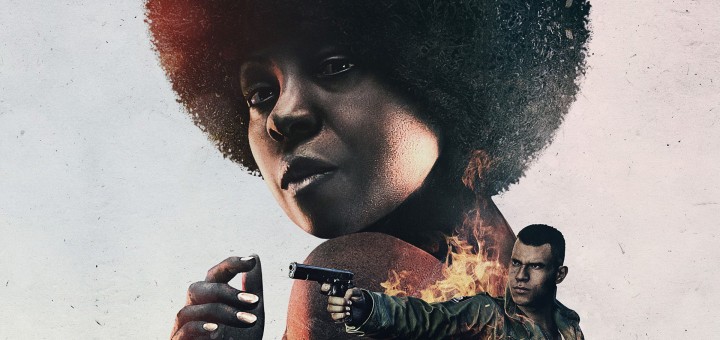About
Author: Samantha Allen
Publisher: Loading...
Pages: 20
Description
“This article argues that video games are powerful but overlooked tools for feminist pedagogy. I review two game-based teaching activities that I conducted with my Introduction to Women’s, Gender and Sexuality Studies course during my time as a Teaching Associate at Emory University. In the first activity, I opened a transgender studies unit with the independent games dys4ia, Lim and Mainichi. In the second activity, I taught the feminist theory of intersectionality through Halo, a popular first-person shooter series.
After reviewing the theoretical motivations for these activities as well as their results, I draw connections to existing education research and to Ian Bogost’s concept of procedural rhetoric (Bogost, 2007) in order to account for the effectiveness of my game-based teaching activities. I proceed to make the case for video games as specifically feminist pedagogical tools with reference to the existing literature on feminist pedagogy (Crabtree, Sapp & Licona, 2009a; Fisher, 1981; Sandell, 1991; Shrewsbury, 1997), particularly bell hooks’ classic Teaching to Transgress (1994). In the conclusion, I attempt to address fears that other feminist instructors might have about implementing game-based teaching activities in their classrooms.” – Samantha Allen
Steve Wilcox is an assistant professor in the Game Design & Development program at Wilfrid Laurier University where he researches & creates knowledge translation games. He is also the co-founder & former editor-in-chief of First Person Scholar.
